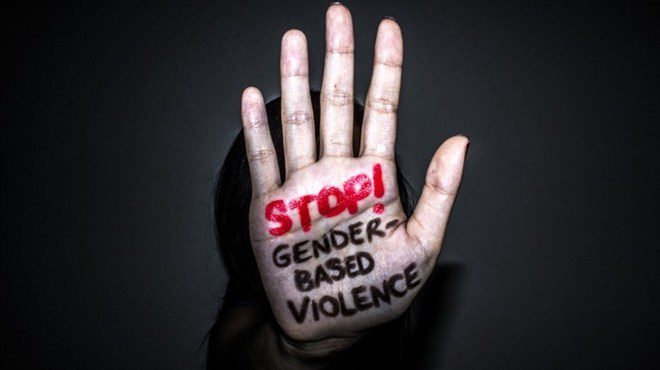There are more cases of sexual harassment taking place in South Africa’s higher learning institutions than what is officially reported.
This was revealed by Commission for Gender Equality (CGE) head of research and policy, Naledi Selebano. She said this while addressing the Portfolio Committee on Higher Education on Wednesday.
Selebano said many victims remain silent out of fear of victimisation and because of weak support systems within institutions of higher learning.
Offences go unreported
She also noted that some victims are ready to report but not to open a case. Others experience what she called eminent guilt of not wanting to ruin someone’s life. And in some cases witnesses fear testifying on the matter.
She said that while policies and measures exist in many universities, sexual harassment continues to increase. And this is supported by the silence and underreporting of these cases.
“We undertook this study to investigate measures that are put in place to address sexual harassment in higher education institutions. But also to assess the adequacy of these interventions in tackling sexual harassment. Specifically in students in these institutions,” said Selebano.
“We undertook this study on the basis that irrespective of the policies and other initiatives that adhere towards addressing sexual harassment, its prevalence is escalating and painting a troubling picture,” she added.
Lack of trust in the system
She said during the research, they noted that most victims, mostly female students, choose not to report incidents. This is often due to a culture of silence, a lack of trust in the system, and fear of victimisation.
She said the students have been raising their voices about gender-based violence in institutions for at least 15 years.
Despite these efforts, she highlights that statistics remain low and misleading.
“In 2017, former Minister Dr Naledi Pandor reported that there were 47 cases of rape and sexual assault on students that were reported across campuses.
“Between 2011 and 2014, 247 cases of sexual violence, partner violence, and rape were reported in 15 universities across South Africa. And this is just to note official reports. I must say that Parliament played a critical role in ensuring that these statistics come to the fore. Because institutions do not routinely report on gender-based violence,” said Selebano.
According to the study, she said, most of the crimes are committed by men. Usually men known to the victim as partners, former partners, or fellow students.
No safe environment for victims
The CGE’s findings show that while policies may be in place, they are not enough to create safe and supportive environments for victims.
“We also note that policies and structures must be in place. And, as such, they will help separate sexual health reporting from other forms. This is because sometimes sexual harassment is not understood for what it is.
“There were instances where it was seen as a lesser violation under gender-based violence. So, it is important that it must be elevated to the critical status that it deserves,” said Selebano.
Some of the recommendations include that institutions should address specific challenges of underreporting. This they can do by strengthening confidence and developing policies that provide for proactive prevention of sexual harassment. Also by undertaking more studies zooming into the LGBTQI+ community.




